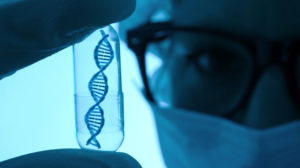
Epigenetics and Psychology: The Relationship Between Genes and Behavior
Modern epigenetics was introduced by Conrad Waddington in 1942, defied as “the branch of biology which studies the causal interactions between genes and their products

Modern epigenetics was introduced by Conrad Waddington in 1942, defied as “the branch of biology which studies the causal interactions between genes and their products
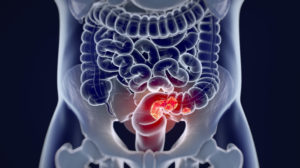
Colorectal Cancer (CRC) is one of the most common cancers and the third most diagnosed cancer in the United States. It has a high morbidity
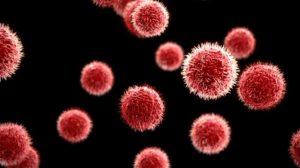
Epigenetics is the science that explores gene activity, specifically how genes develop in complex organisms and the modifications of gene expression – anything other than
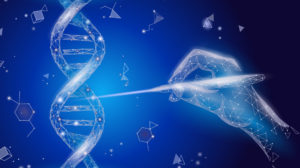
Almost a decade ago, biologists Jennifer Doudna and Emmanuelle Charpentier discovered CRISPR, a DNA-editing tool. Since then, many researchers around the world have been studying

The epigenetic clock tool, invented by Horvath, precisely estimates chronological age, known as ‘DNAm age’ or ‘epigenetic age.’ Using only DNA methylation data, it also

Psychological trauma is a response to an event that an individual finds extremely stressful. Examples include a violent personal assault, being in a war zone,

Despite advances in science, healthcare practitioners have found it difficult to manage heart failure (HF), which often manifests as a clinical syndrome. This is evident
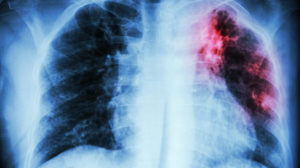
For decades, tuberculosis (TB) has been considered to be one of the deadliest and oldest diseases. Yet, it remains a major threat for many people
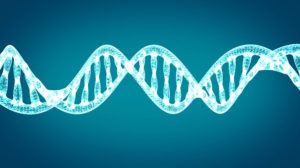
The human DNA methylome is sensitive to our environment. It can also react to every aspect of the surroundings, but its dynamics are still not
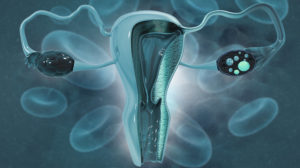
Polycystic ovary syndrome (PCOS), a hormonal disease characterized by irregular menstrual periods, elevated testosterone levels, or enlarged ovaries with many cysts, is a significant cause